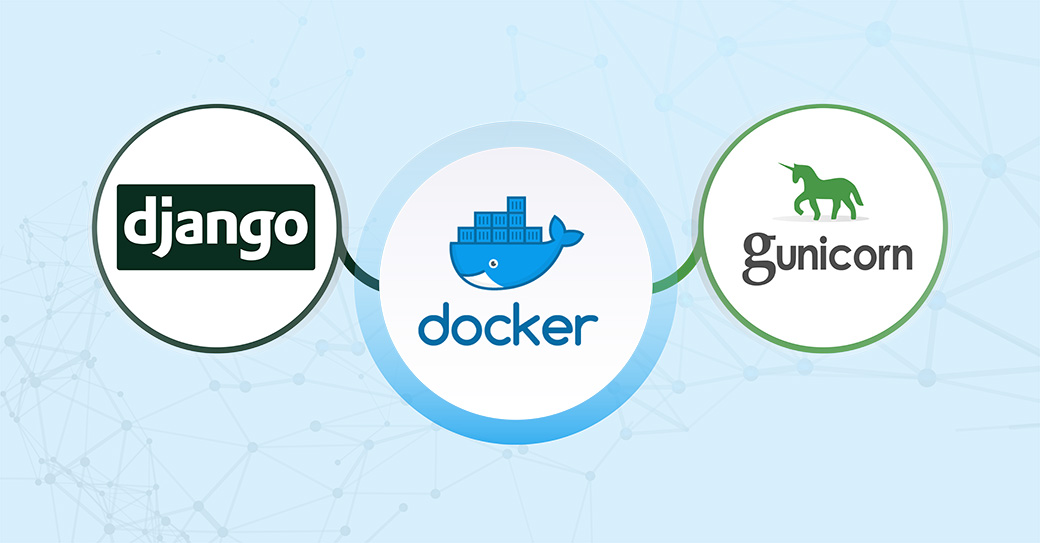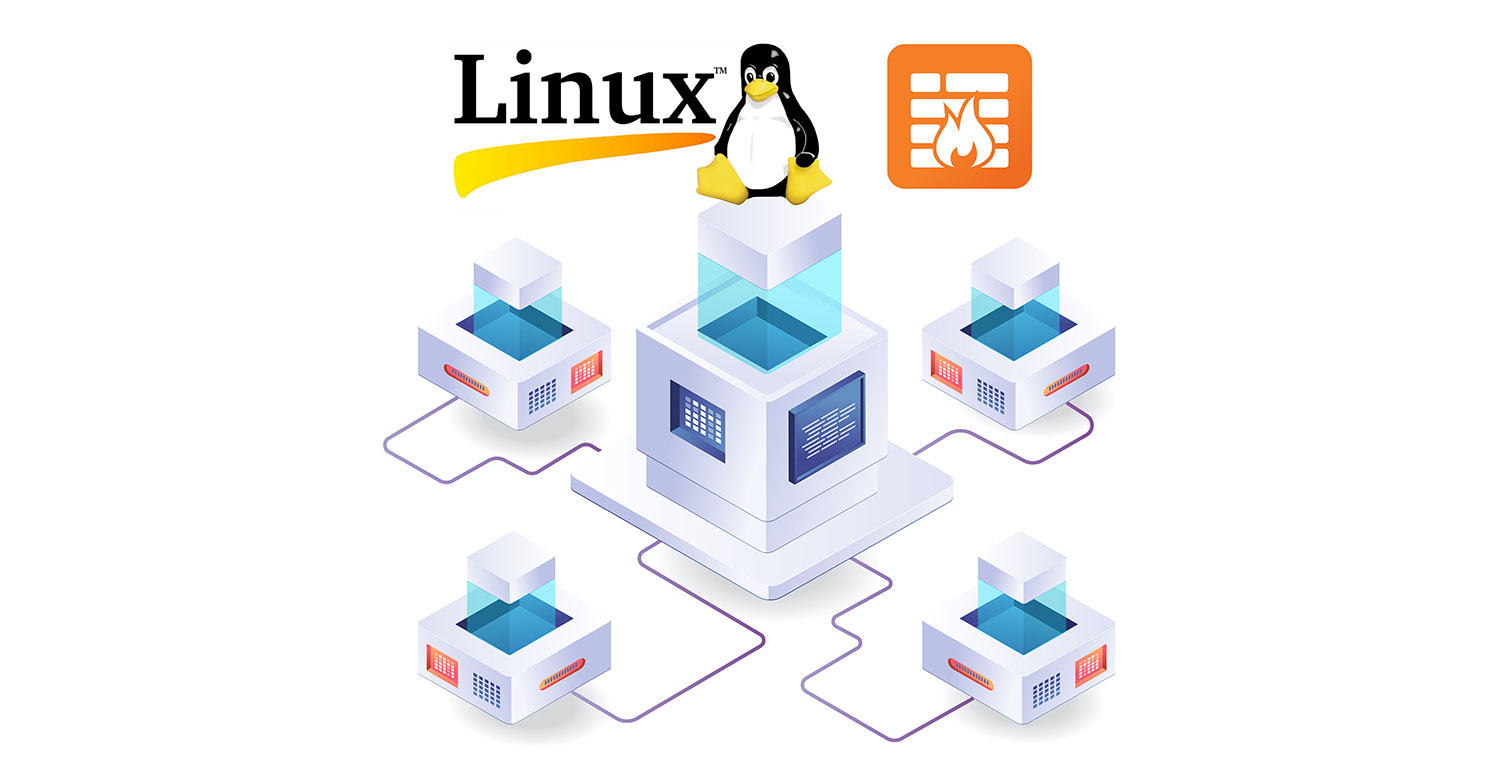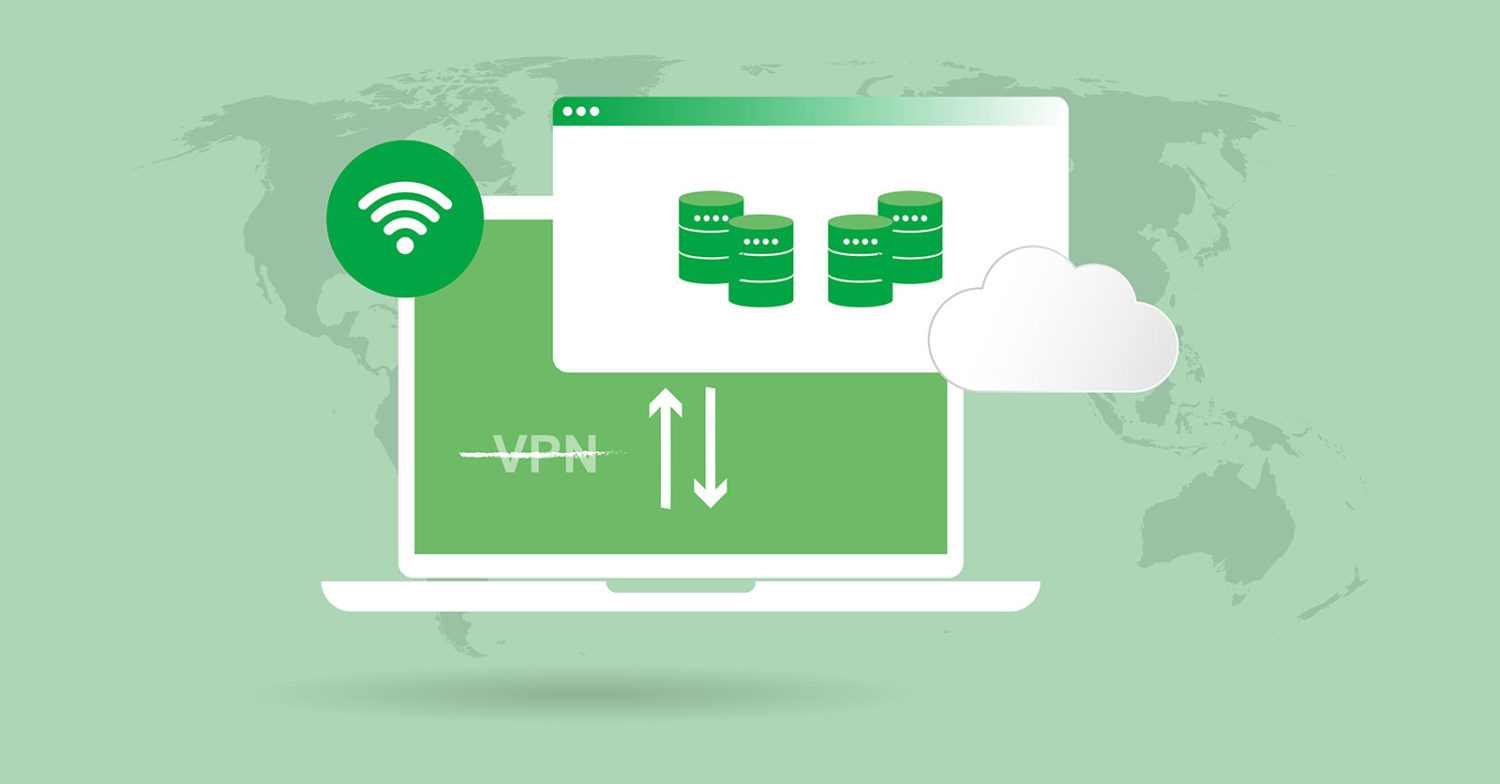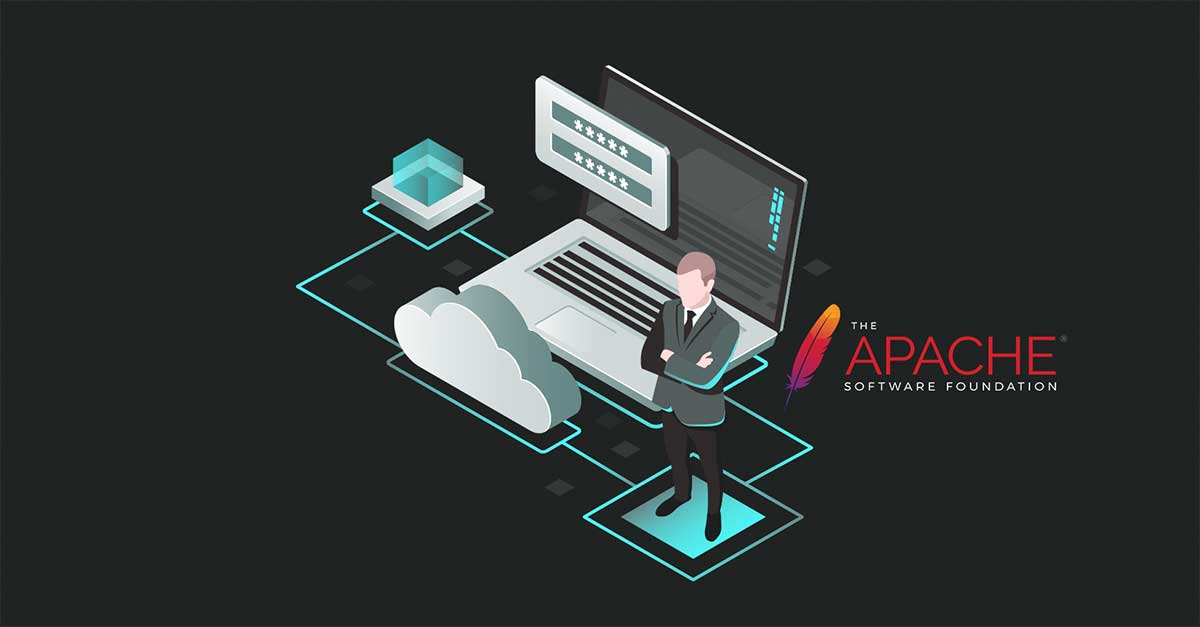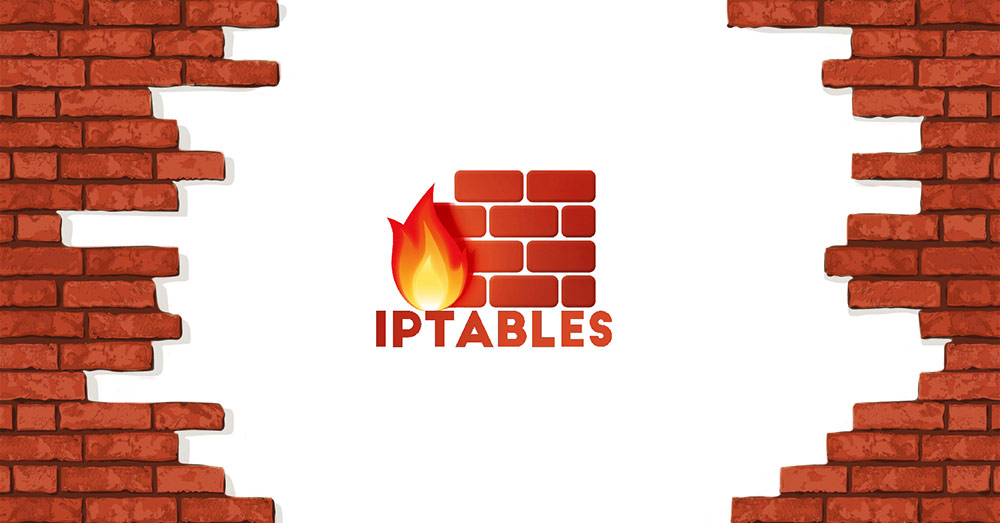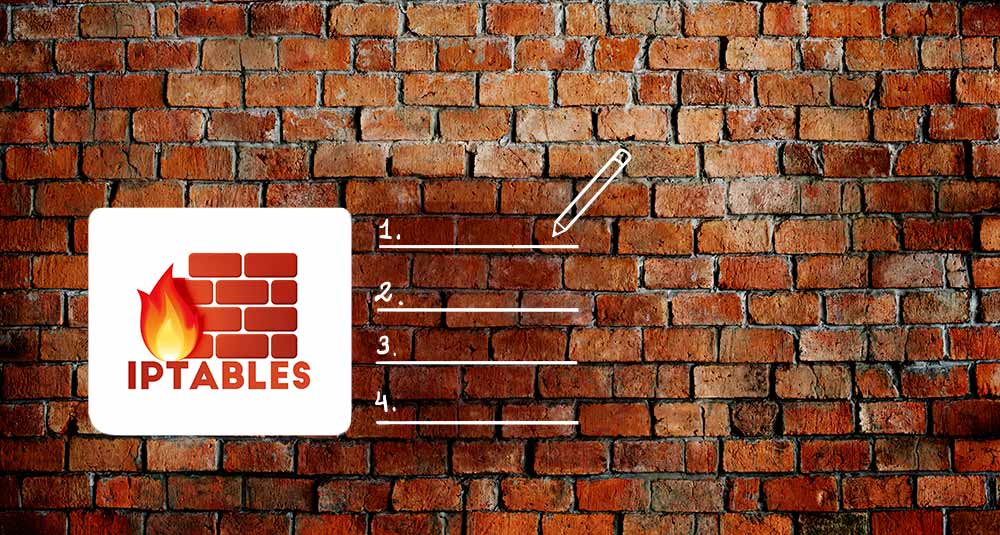Django is a high-level open-source Python web framework that can help you build your Python application quickly. It encourages rapid development and clean, pragmatic design by following the model–template–views architectural pattern. Out of the box, the framework comes with the necessary modern application components such as user authentication, caching framework, object-relational mapper, URL Dispatcher, template system, and customizable administrative interface. …
Forwarding Ports with Iptables in Linux: A How-To Guide
Port forwarding also referred to as port mapping, is a method for allowing remote devices to connect to a specific service within your private local-area network (LAN). As the name suggests, the process involves forwarding requests for a specific port to another port or network. It modifies the destination of the packet in-flight and is considered a type of network …
Routing Web Traffic without a VPN using SOCKS Tunnel
When it comes to securing your footprint on the web, you may have heard about VPNs, right? VPN acts as a middleman between your computer and the internet. All the traffic passes through the VPN server, effectively masking your IP address and location. However, VPN isn’t the only form of a proxy server. SOCKS (Socket Secure) is a similar network …
Configuring a Firewall with UFW on Ubuntu 18.04
A firewall is one of the core components of securing a system. It’s responsible for managing the incoming and outgoing connections over the network. It’s the primary line of defense for your servers and data. This is why it’s paramount to have a well-configured firewall. In this guide, we will walk you through the steps of setting up a firewall …
Installing the Apache Web Server on CentOS 7
A web server stores, processes and delivers web pages to website visitors. There are quite a few Open Source web server software options, but the Apache HTTP server is deemed as the most widely used web server in the world. This is because, apart from being open-source, its modular architecture allows extending its capabilities through adding modules to serve different …
Setting up a UFW on Ubuntu and Debian Cloud Server
Introduction We all know that computer security is essential for protecting your data. If a hacker was to find their way into your server, they can cause some serious damage. To make sure this doesn’t happen, you need to employ the appropriate security measures. The first line of defense that any incoming threat would encounter in a safeguarded system would …
Configuring an Iptables Firewall: Basic Rules and Commands
Introduction Iptables is a command-line firewall utility. This means that it is software that allows you to configure a firewall on your system. It is typically available by default on Linux systems. In this guide, we will discuss some of the common rules and commands that go with the iptables firewall. Whenever a connection tries to establish itself with your …
The Nitty Gritty of Networking: Learn about Terminology, Interfaces, and Protocols
Introduction In the modern world of technology, having in-depth knowledge of how networking works has become a requirement. If you are involved in server management, then you definitely need to be aware of how it works. Having detailed knowledge about the inner operations of your service will help you keep your services in line. It will help you employ the …
How to Build Robust Security Measures to Protect Your Servers
Introduction When working on cloud infrastructure, your primary concern is making sure your applications are fully operational. One important inclusion of your setup and deployment process is to build effective, thorough, and robust security measures into your apps or systems before they are offered to the public. Instead of retroactively implementing security measures post-deployment, it is important to ensure that …
The Basics of UFW: Learning the Essential Firewall Commands
Introduction UFW stands for uncomplicated firewall. It is a frontend platform that enables you to easily manage your firewall functions and commands. You get UFW as a default option with your Ubuntu server. Maximizing the potential of the commands and functions of the firewall can be difficult if you are not already familiar with the tool. Our goal is to …
Setting Up a Firewall with FirewallD on CentOS 7
Introduction Firewalld is a firewall management solution that is available to many Linux distributions. It serves as an interface to the iptables packet filter system provided by the Linux kernel. In this guide, you will learn how to configure a firewall for your server. We will also show you the basics of managing the firewall with the firewall-cmd administration tool. …
Listing and Deleting Iptables Firewall Rules
Iptables is the primary firewall that comes with most of the Linux distros by default. It’s responsible for handling network security. It works by comparing the data packets against a set of rules, instructing the system to accept, refuse, or forward a connection according to the rules. In this tutorial, we will show you how to list and delete rules, …
- Page 1 of 2
- 1
- 2


